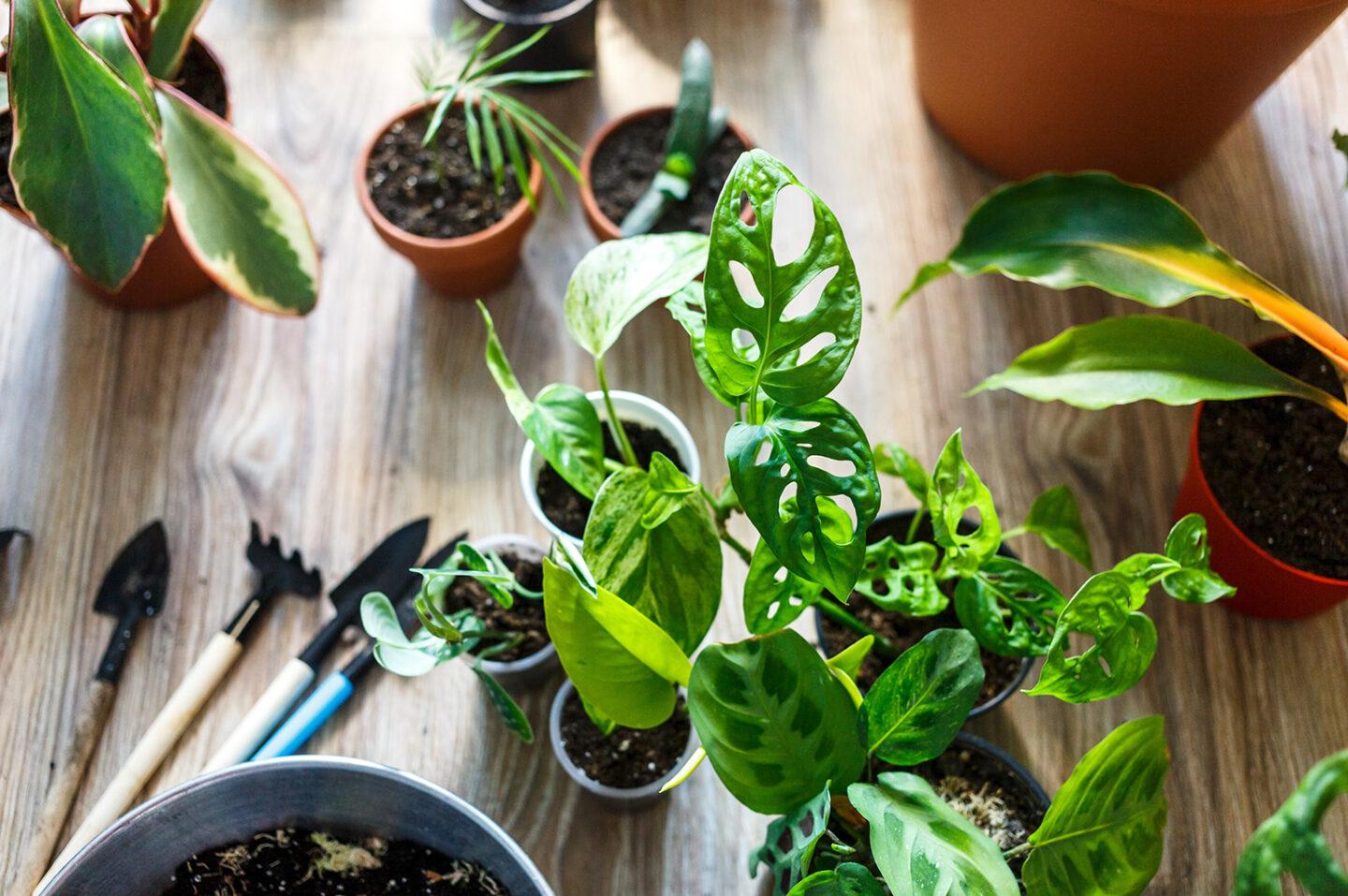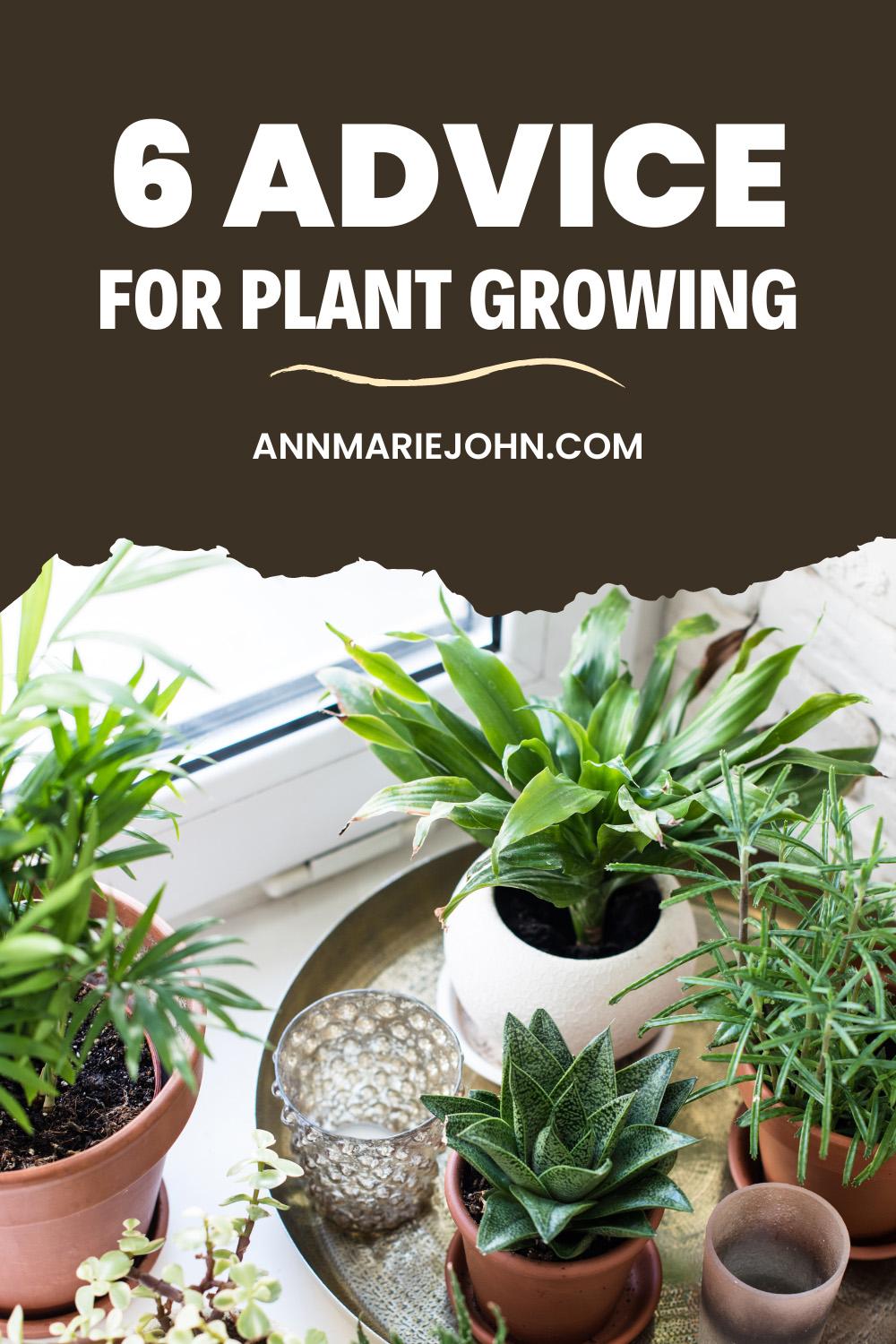Wondering how to get your plants to grow? Here are six pieces of advice that will help you with everything from watering to fertilizing.

A lot of people enjoy growing plants, but it isn’t the easiest task if you aren’t sure where to start. Still, when you learn some plant care basics and find a proper routine for them, you’ll be content to notice all the benefits of this work. Furthermore, many studies have shown that plants help you breathe better and improve your mood just by having them around. Therefore, if you still aren’t sure about plant growth, follow these useful tips that will assist you in taking care of your new plant.

Light Is Important
To ensure a successful plant-growing process, you must provide enough light for your plant. If your plant doesn’t receive enough natural light, opt for the hydroponic grow lights that will improve its growth significantly. These lights are energy-efficient, emit little heat, and can cast light over a large area. Also, it’s helpful to know that you have the option to attach a controller for accurate lighting schedules. Keep in mind that this will help your plant grow because it is easy to use and highly adjustable. For that reason, choose the one that suits your plant best.
Water the Plant as Needed
When you want to grow a healthy plant, you need to take care of its watering because many people water it too little or too much. Many inexperienced plant owners overwater their plants, believing that the more water they provide, the better they will grow. Still, there is a useful trick for determining how much water your plant needs. The moment you feel that the soil of your plant is slightly dry, pour enough water, but avoid flooding. Moreover, remember that plants acclimated to dry regions often need less water than plants from wetter regions.
The Pot Should Be Big Enough
Plants need space to grow, so don’t allow the roots of your plant to become crowded. Also, when planting directly into the ground, leave enough space between plants. When you have your plant in the pot, check regularly, at least once a year, to see if it looks crowded. If they do, you must break them up and repot the plant into a larger pot, and this can promote further growth. If you don’t want to transfer your plant to a larger container because you believe it will kill the plant, you can trim the roots and repot it.
Consider Their Temperature, Ventilation, and Humidity Levels
Most houseplants thrive in temperatures between 65 and 75 F during the day, and they demand ten degrees cooler at night. Generally, houseplants need a level of humidity similar to that of their natural growing conditions, so be aware of that. Air plants soak all their water from the air, so they require regular misting with a spray bottle. For other plants, condensation that appears on leaves and stays too long may be harmful, so proper airflow is essential for a healthy plant.
Use the Right Type of Soil
The kind of soil you use can affect how fast your plant grows. For instance, sandy soil can drain quickly and doesn’t hold onto nutrients as well as some other types of soil. This can slow down your plant’s growth, so inquire about the best kinds of soil. To help your plant become healthier and grow faster, use a potting mix or garden soil that is richer in organic matter. This kind of soil will hold moisture and nutrients better and, in that way, accelerate your plant’s growth. You can add some compost to the soil because it can improve its quality and provide nutrients for your plant.
Plant Fertilization
Fertilizing your plant will help it get the necessary nutrients it needs to grow. There are various fertilizers available, so it’s crucial to choose the one that is best for the kind of plant you’re growing. For instance, if you’re growing vegetables, use a fertilizer high in nitrogen. However, if you grow flowers, use a fertilizer rich in phosphorus, or you can get fertilizer that will function for both flowers and vegetables. This could be a smart option if you’re not sure what to use. Remember that using fertilizer helps your plant grow faster and produce more flowers or vegetables.
In Conclusion
By following all these tips, your plants will hopefully have a long and wonderful life. Don’t be disappointed if you notice that your plant isn’t growing fast or is dying because there are various ways to revive it. Hence, read a lot about plants, pick up useful pieces of advice, and invest a lot of care and love. In that way, you’ll be successful in this enjoyable work.
